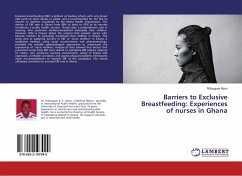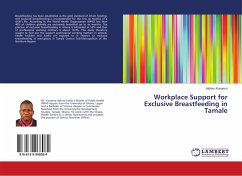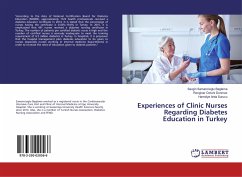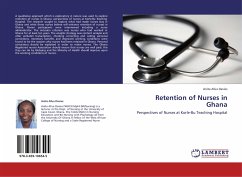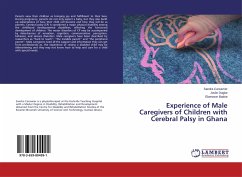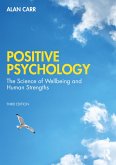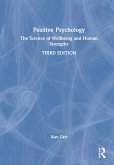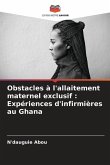Exclusive breastfeeding (EBF) is defined as feeding infants with only breast milk (with no other liquids or solids), and is recommended for the first six months to mothers worldwide by the World Health Organisation. The decline of EBF rate in Ghana from 98% at birth to 63% at six months constitutes a public health concern. Nurses play a preponderant role in assuring that postnatal mothers breastfeed exclusively their children. However, little is known about the reasons that prevent nurses who become mothers to exclusively breastfeed their children in Ghana. This study aims at exploring barriers to EBF of 'nurse mothers' in Ghana. A qualitative method, using social constructivism and phenomenology, provided the suitable epistemological approaches to understand the experiences of 'nurse mothers'. Analysis of data showed that factors that prevented nurses from EBF were related to workplace EBF policies, absence of crèche, non conducive working environment, safety of breast milk expressed, unreliable caretakers, and psycho-physical problems. Participants made recommendations to improve EBF at the workplace. This would ultimately contribute to increase EBF rate in Ghana.
Bitte wählen Sie Ihr Anliegen aus.
Rechnungen
Retourenschein anfordern
Bestellstatus
Storno

